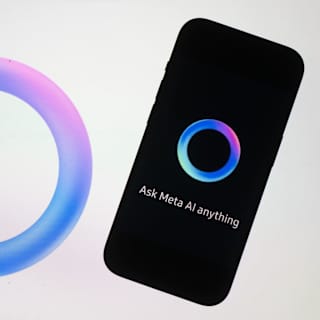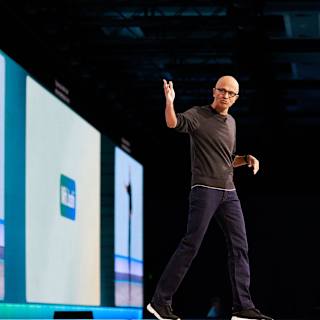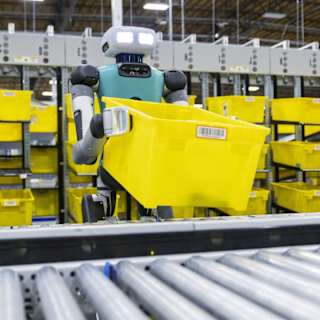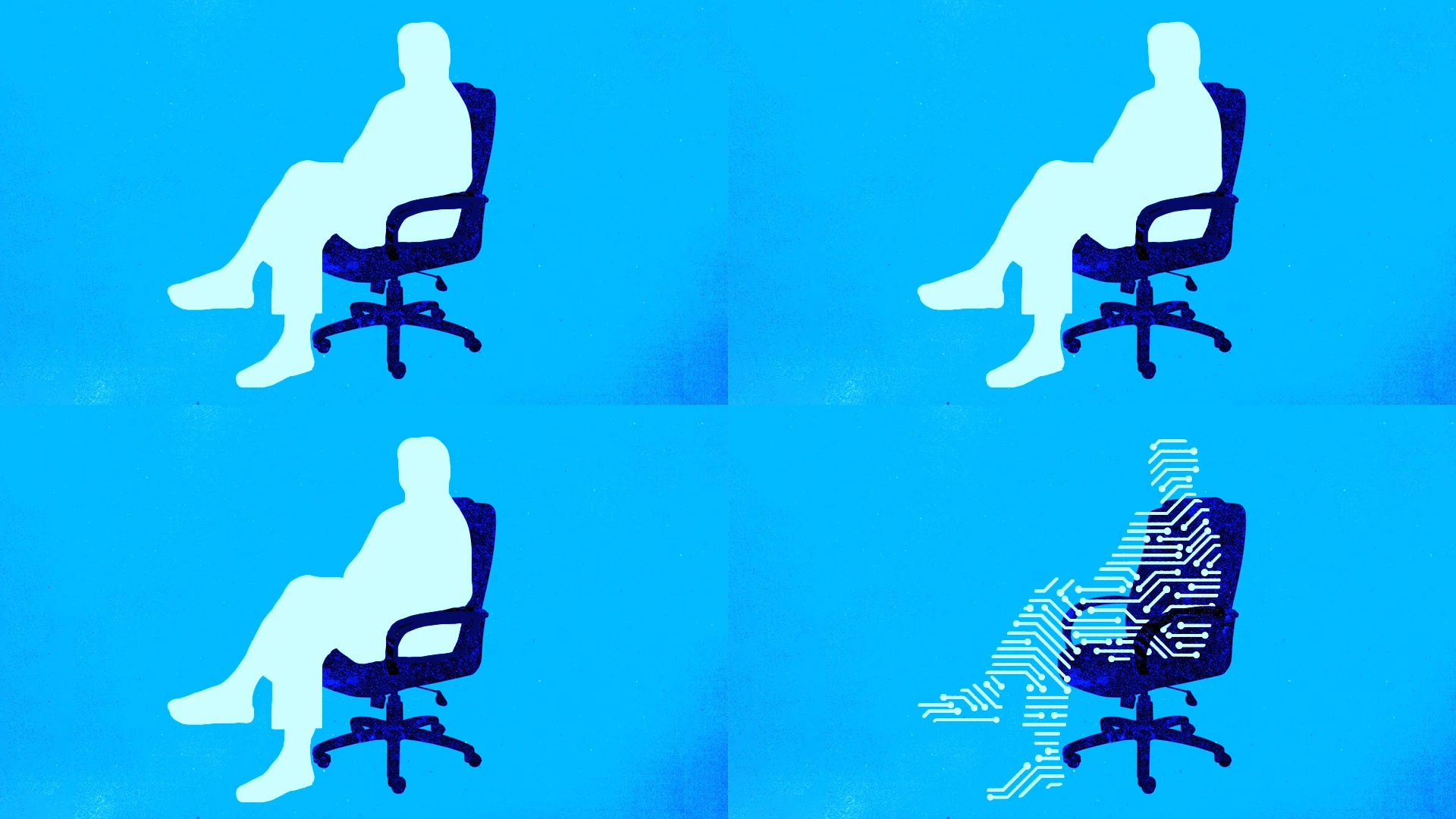- AI Performance Reaches Enterprise Scale
- Workforce Transformation Accelerates
- Platform Strategy Evolution
Salesforce Inc. Chief Executive Marc Benioff revealed today that artificial intelligence now handles between 30% and 50% of the work at his company, marking one of the most concrete examples yet of how AI is reshaping operations at major corporations.
In an interview on Bloomberg's "The Circuit with Emily Chang," Benioff said the automation spans software development and customer support roles, and has enabled the San Francisco-based company to reduce its workforce. The disclosure comes as business leaders increasingly tout AI's potential to replace human labor while the technology's workplace impact accelerates across industries.
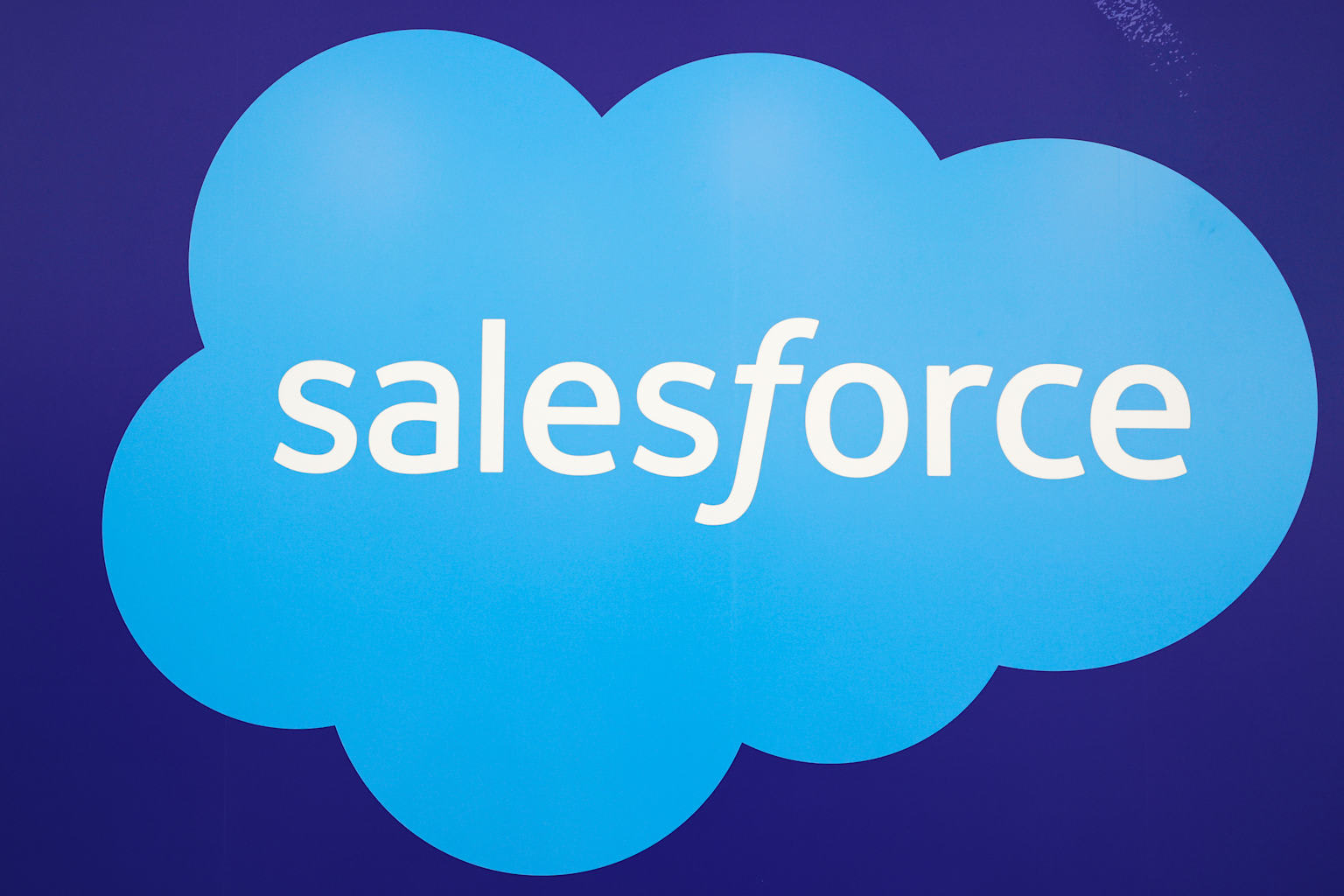
Salesforce's AI solution for customer service has achieved 93% accuracy and is being used by major clients including Walt Disney Co., Benioff said1. The system can manage customer service tasks autonomously, representing a shift from AI tools that simply respond to queries to those that can complete complex workflows independently.
"We all need to embrace the concept that AI can perform tasks we previously handled," Benioff said in the interview1. "This allows us to transition to more valuable work."
The figures align with similar claims from other technology giants. Microsoft Corp. and Alphabet Inc. executives have said AI generates approximately 30% of new software code in various projects1. Microsoft CEO Satya Nadella reported in April that 30% of current programming code at his company is generated by AI2.
The automation reflects a broader workplace shift that Salesforce itself has studied extensively. A company survey of 200 global HR executives found that one in four workers will be pushed to different jobs as AI adoption expands1. The research suggests AI agent adoption could boost productivity by 30% while business adoption of these tools is expected to jump 327% over the next two years1.
More than 80% of HR leaders are already planning to reskill workers for the AI era, with most emphasizing soft skills like relationship building and collaboration1. About 85% of HR leaders believe their companies have yet to fully embrace AI agents, though 80% expect most workforces will include a mix of human and AI workers within five years1.
Salesforce has positioned its Agentforce platform, launched in 2024, as central to this transformation1. The system uses what the company calls the Atlas reasoning engine to deploy autonomous agents across business functions. The platform represents Salesforce's evolution from its 2000s breakthrough in cloud-based customer management to embedding AI throughout its offerings2.
"This allows us to transition to more valuable work," Benioff said, echoing arguments that AI augments rather than simply replaces human capabilities2.
